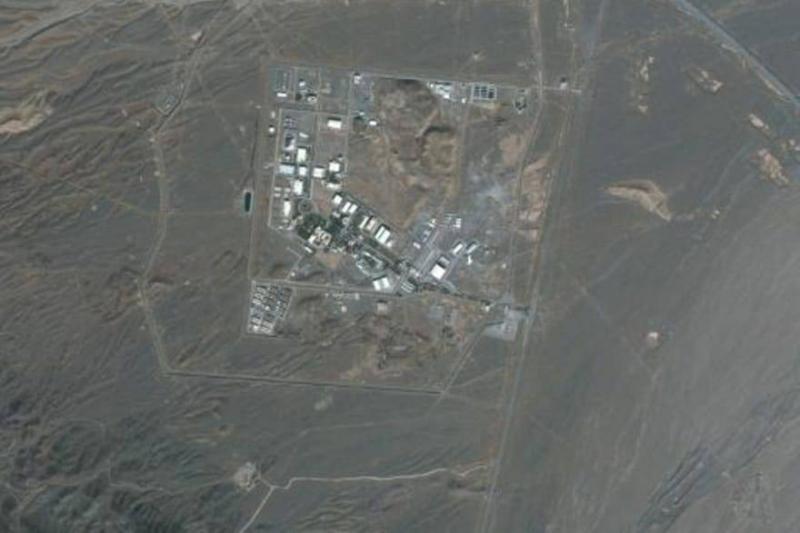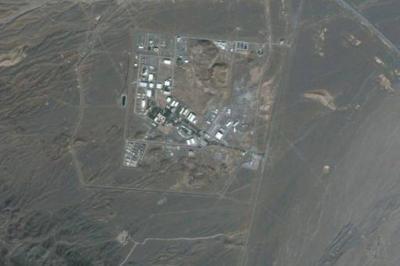On Friday, Iran's Atomic Energy Agency reported that its stock of 20% enriched uranium has surpassed 210 kilograms (463 pounds), marking the latest provocative step ahead of the upcoming nuclear talks with the West. In a report relayed by the semi-official news agencies Tasnim and Fars, spokesman Behrouz Kamalvandi stated that the agency has produced over 120 kilograms of uranium enriched to 20%, as stipulated by parliament.
According to the 2015 historic nuclear agreement between Iran and world powers, Iran was not supposed to enrich uranium beyond 3.67%. Uranium enriched above 90% can be used to manufacture nuclear weapons. After months of delays, the European Union, Iran, and the United States announced on Wednesday that indirect talks aimed at reviving the agreement will resume on November 29 in Vienna. The nuclear agreement, known as the Joint Comprehensive Plan of Action (JCPOA), offers economic incentives to Iran in exchange for restrictions on its nuclear program, aiming to prevent Tehran from developing a nuclear bomb. Tehran insists that its program is peaceful.
Kamalvandi also indicated that the agency has produced 25 kilograms of uranium enriched to 60%, a level that only countries with nuclear weapons have the material capacity to produce. Iran has previously denied any intent to acquire nuclear weapons, stating that it is enriching uranium solely for civilian energy purposes, and has indicated that its violations could be reversed if the United States lifts sanctions and rejoins the agreement.
In April, the United Nations' International Atomic Energy Agency reported that Tehran had begun enriching uranium to a purity level of 60% at an above-ground nuclear facility in Natanz, confirming earlier statements from Iranian officials. Iran announced in June that it had produced 6.5 kilograms of 60%-enriched uranium. The nuclear agreement restricts the purity level at which Tehran can enrich uranium to no more than 3.67%, suitable for most civilian nuclear energy uses. This level is significantly lower than the 20% uranium enrichment Iran achieved before the 2015 agreement and much less than the 90% required for nuclear weapon production.
The Biden Administration has stated it wants to return to the agreement, but there is disagreement with Tehran on the steps to be taken and the timing of these steps. The main unresolved issues now revolve around the nuclear constraints that Tehran will accept and the sanctions that Washington will lift. Western officials and analysts believe that Iran's ramping up of uranium enrichment, while hesitating to return to talks that were delayed in June following the election of a new anti-Western president, aims to bolster its position for extracting more concessions upon the resumption of negotiations. The Biden Administration stated on October 31 that it was unclear whether Iran was ready to join the talks "in a meaningful way."




